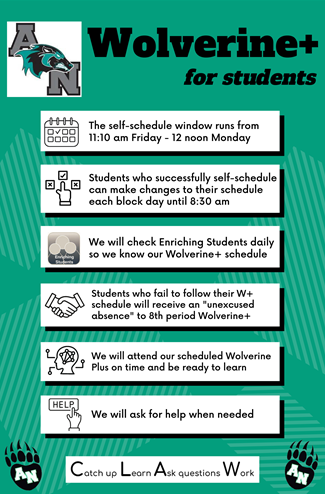Many high school students, juniors and seniors in particular, have the idea of college abroad at some point in their high school career. However, most times, they stray away from that thought because of the complications and lack of information given to them.
Beatrice Nguyen, College and Career counselor at Aliso Niguel, says, “There is usually only 1 or 2 students each year that end up going to college abroad.”
Most students at Aliso Niguel tend to disregard the idea of college abroad because they may think it’s not a realistic option or not ideal. But that’s simply not true, because there are many good reasons to genuinely consider college abroad.
First off, what is college abroad? College abroad simply means attending a college or university in a country other than your own. There are definitely pros and cons to college abroad, but the same goes for domestic options; you just have to think about what suits you better.
There is a common misconception that international universities are much more expensive than colleges in the United States of America. However, that depends highly on the location and accommodations you choose.
Cornelia Betschart-Fuertes, a specialist from Global College Advisers, says in a Webinar about studying abroad and gap years, “[College abroad] is so much more affordable.”
Along with the cheaper financial cost, you can also save a lot of time at a college abroad, this is because most other countries, especially in Europe and the United Kingdom, don’t have a general education. Instead of general education in college, they prefer to focus on your major and take classes related to what you want for your future. Because of this, most Bachelor’s degrees only take three years to complete, instead of four.
Another great reason to consider going to an international university is that it gives you a boost in the global job market. Due to the independence, experience, and maturity that comes with studying abroad, it gives students the ability to stand out to employers worldwide.
Ms. Betschart-Fuertes says that, “employers these days stress how important it is for them to have employees who are critical thinkers, have a strong work ethic, are responsible, resilient and versed in cross-cultural communication.”
However, it is also important to note that there are so many different ways to experience college abroad.
If you would prefer to go for a year and then come back to the U.S for the rest of your college experience, some U.S. colleges have branch campuses around the world and study abroad programs that allow students to study at any of their branches for a set amount of time.
If you’d prefer to go to a full-time abroad college, one option is, for the ease of not having to be fluent in another language, going to an Independent American College Abroad. Another option is going to a fully International University, such as Oxford or Cambridge, though those are simply the well-known universities.
While there are many good things about college abroad, there are also some downsides to consider before making a decision. The biggest downside is the distance from your family.
Before attending college abroad, it is important to understand that you won’t be able to visit your family on weekends or on shorter holidays. The main time you will get to spend with your family is in between semesters or during longer holidays. Relating to this, depending on where you choose to go, the holiday schedules might be different.
Because you are so far away from your family, it’s really important that you already have a level of independence and self-advocacy, as your parents won’t be able to aid with just anything. Also, as a given of studying abroad, you absolutely must be open-minded and respectful to the different cultures you may see abroad.
So, if you think you fit the bill, and are interested in college abroad with your newfound knowledge, give it a try.
One more thing to note is that while the information stated in this article is true for most places in Europe and the UK, every country and college is different, so make sure you do your own research into it and continue to be open-minded and try new things.










